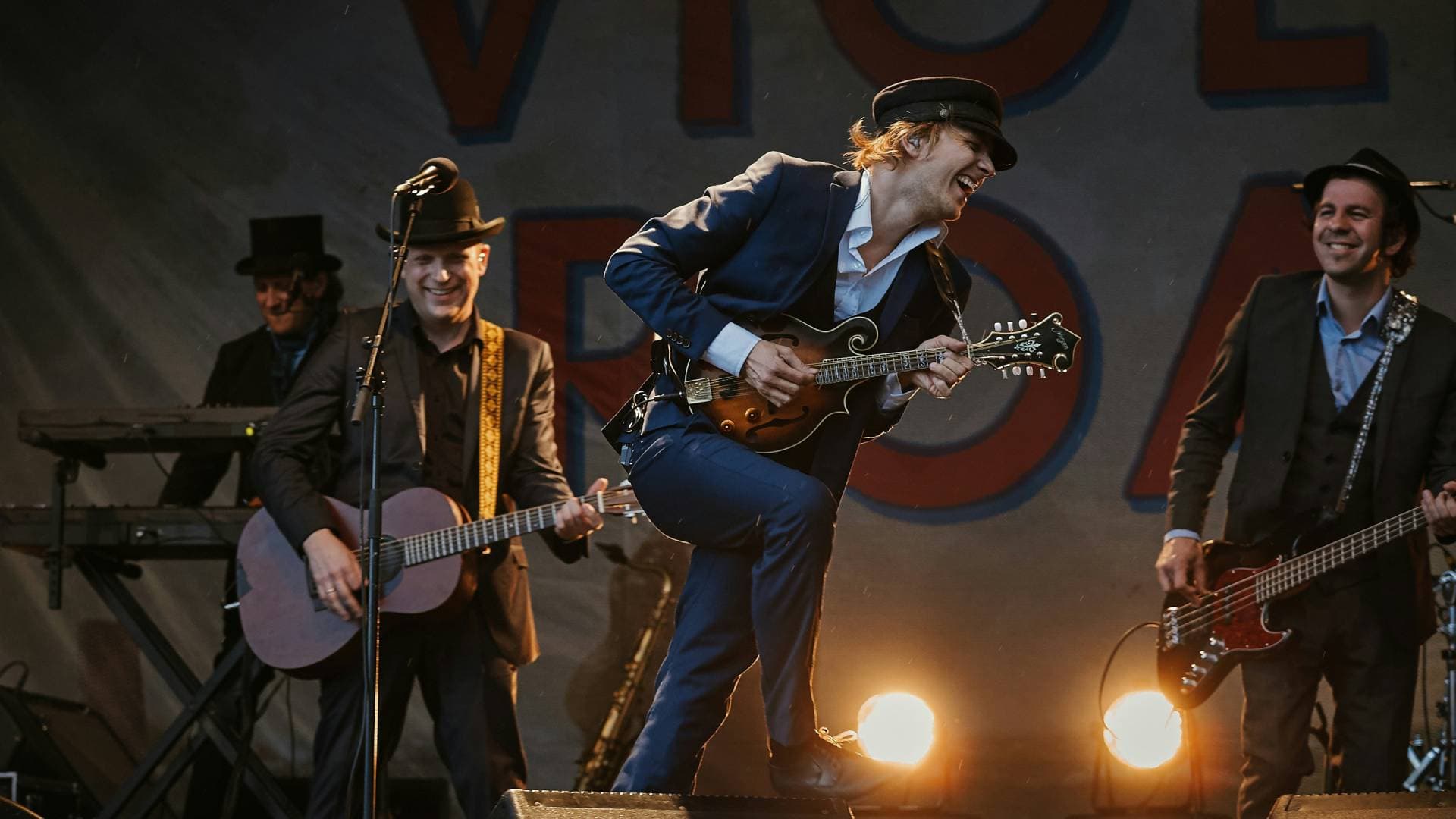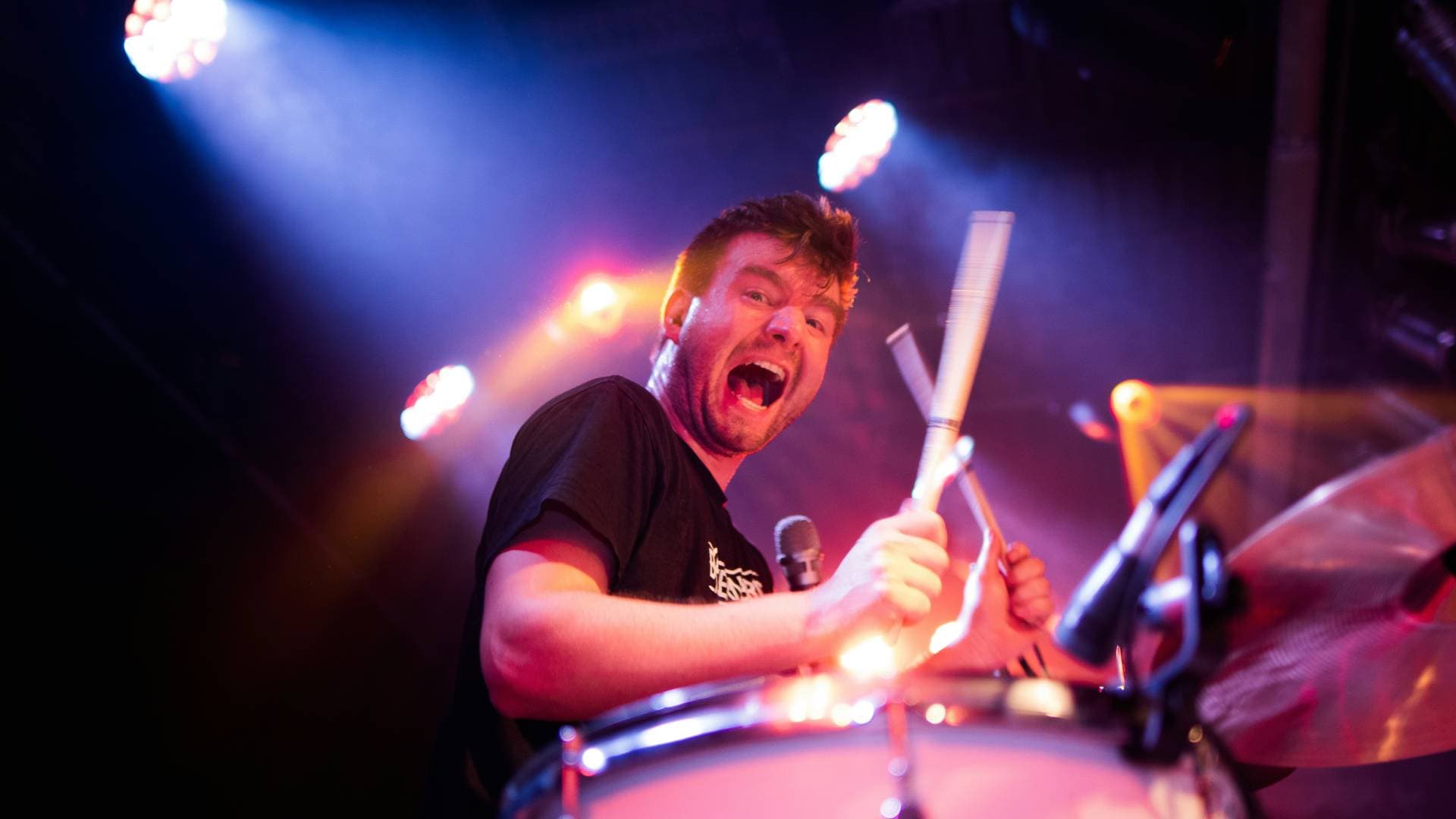Technology makes the Genre
As an amateur electronic composer of elder years, I've seen music change in emphasis as society chooses new ways of thinking. The definition of being a musician has changed with culture too; where once we were hardware programmers and performers we are now all producers. In my experience cultural trends are driven by technology foremost.
I've been lucky enough to have good access to some genre defining instruments; like the Jupiter, SH101, Juno 106, TB 303 and TR909 to name a few. Much of modern music is shaped by the limitations and workflow of these "classic" instruments. Older electronic music was often pattern and loop based by necessity. The invention of the Digital Audio Workstation and trackers has slowly changed music because linear composition became more achievable - especially for recording artists.
Daw development continues to advance. I use these myself (no they didn't pay me) two good examples: Blockhead by colugo (in dev - can get through patreon).
Blockhead is an innovative self contained audio based DAW that treats time differently than most.
Then theres VCV rack - a software based eurorack simulator that is free standalone and paid within a VST wrapper (can be used in third party software) with over 3500 free modules: video by VCV rack
The reason Is bring these up is that these innovations reflect the changing needs of the musician but also colour the technical composition of what is achievable to beginners and professionals alike.
AI
New technology will inevitably change how music is presented and the use of AI will certainly create its problems but it will also assist. Constructing a whole song with conversation and singing is not far off. Auto generation may play a factor in the commercial economy, but that creates a demand for music fit for iteration. New revenue streams emerge with every advancement. By 2027 we will have automated AI engineers -after that point AI will become super intelligent in the space of a year. Then it will be able to compose original pieces.
Microtonality
A big indicator of the future of music is the advancement of control surfaces, in particular the emergence of MPE midi protocol, but also software (in particular) and hardware that supports custom tunings and constant glide. Hans Zimmer's Dune soundtracks show off the use of both microtonal instruments like violins and home made wind instruments alongside a team using MPE controllers. You too can make orchestral swells but on your phone. A good example of microtonal controllers is the Lumatone keyboard.
We are starting to see the re-emergence into popularity of traditional folk music which has long used "odd" notes, Carnatic and Hindustani music, Maqam music and obscure jazz and classical are just a few examples. As modern 12 tone equal temperament becomes more oversaturated and iterated upon people will look to a newer note palette and performative excellence will be in much higher demand due to the extra difficulty of these instruments.
It is far more difficult to reproduce microtonal music with AI (true microtonal music would need adaptive AI), and still pretty difficult without it. The digital hardware instrument manufacturing industry is still lagging behind the software industry in that regard and the commercial viability of experimental music is limited by demands of the artist and the user.
The Open Music Phenomena
More and more people will be taking a new approach to music performance - the bardic one. Part of the reason is the miniaturisation and advancement in technology. Open music nights are opening all across the country driven by social networking; as a result of it and to avoid it. Musicians now approach these events as social gatherings, a motivational exercise and as an opportunity to self promote. Small underground open music events and open music streams will become the new nightclubs and pubs where the music is important not the personality behind it.
In summary - real music is going to get a lot weirder. I'm down for it.













